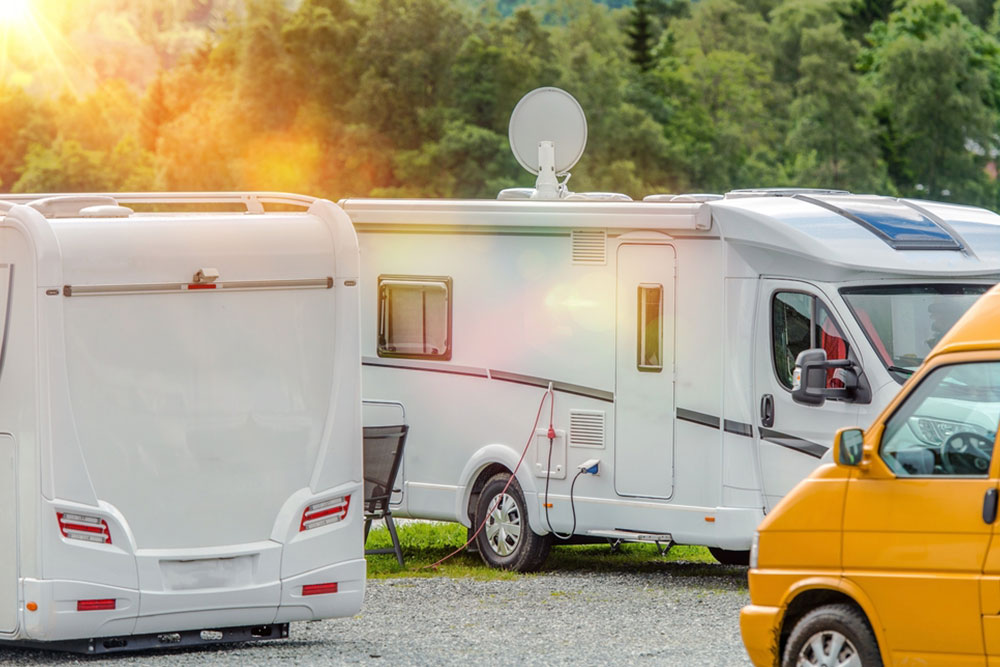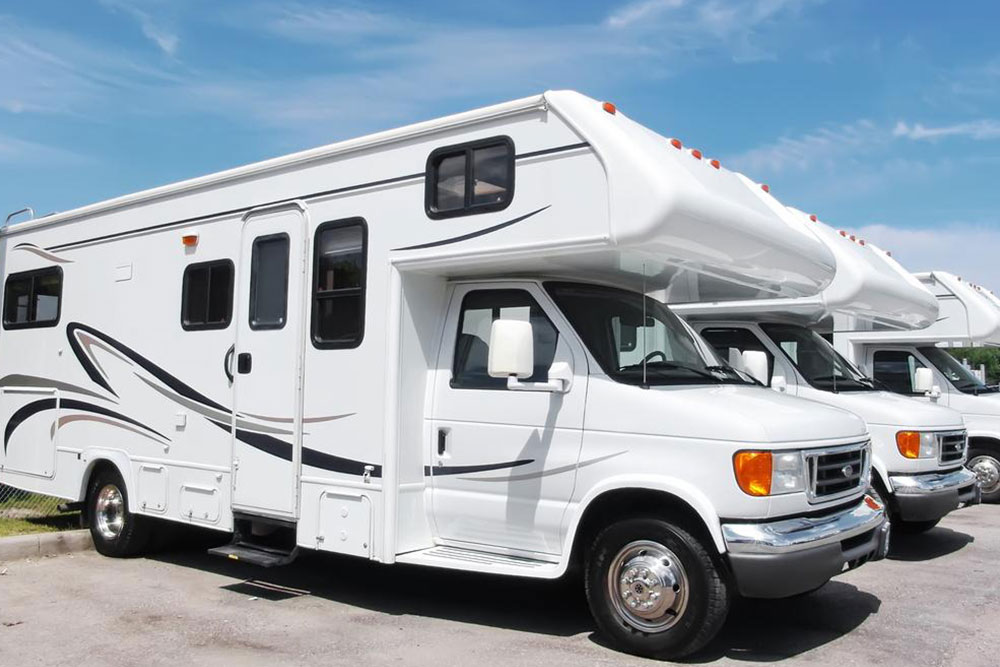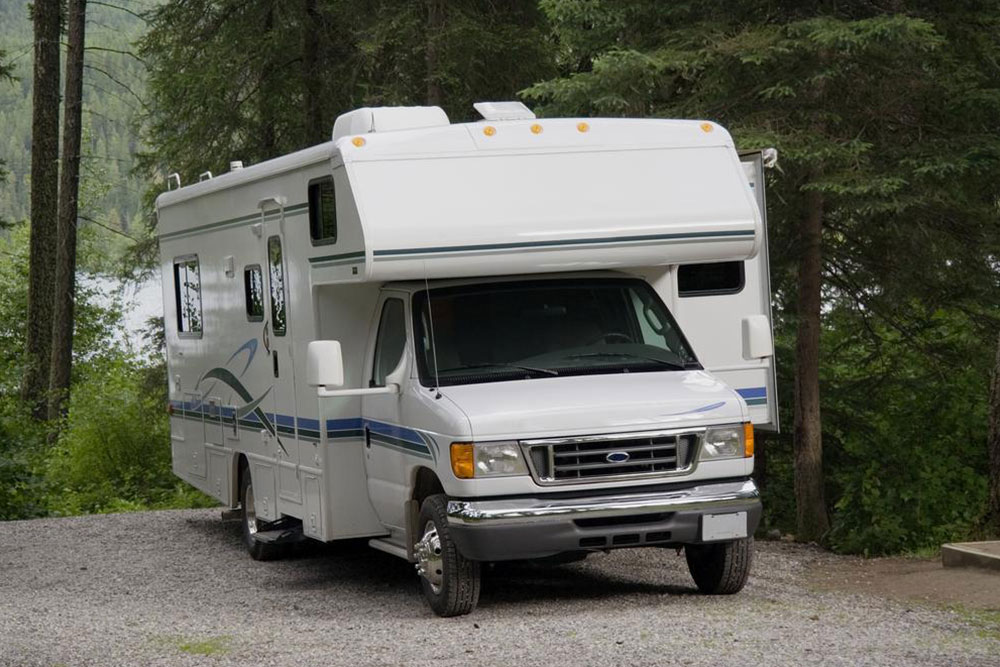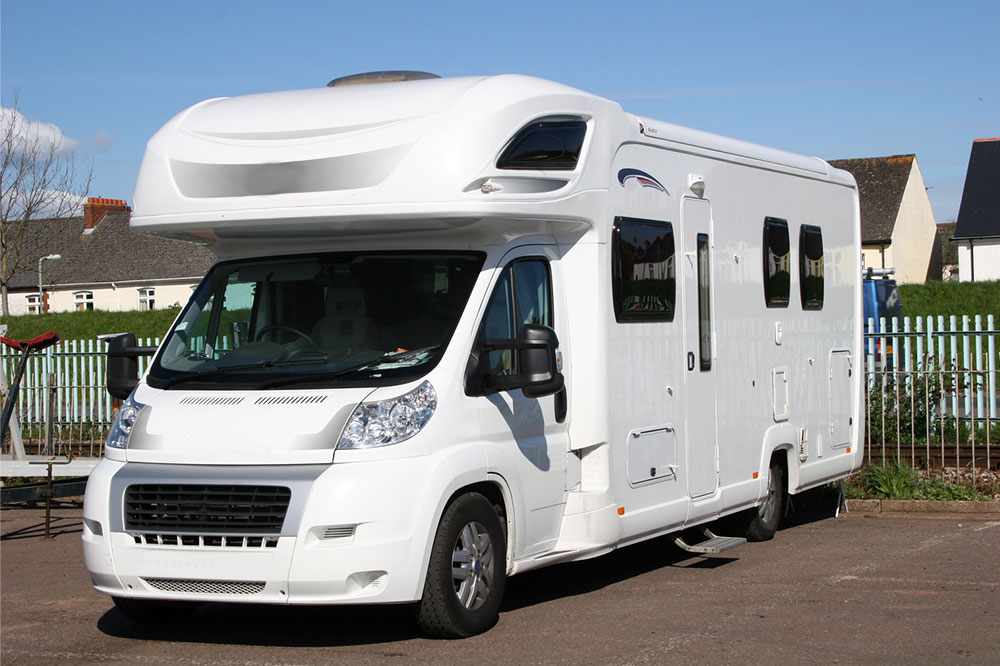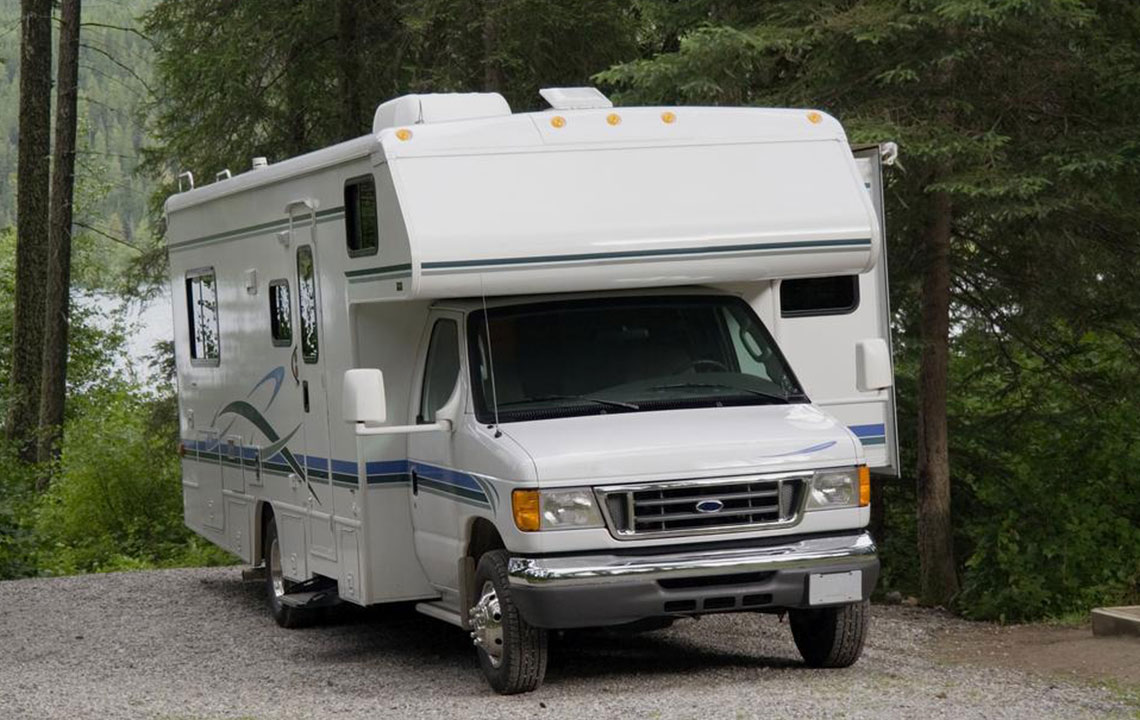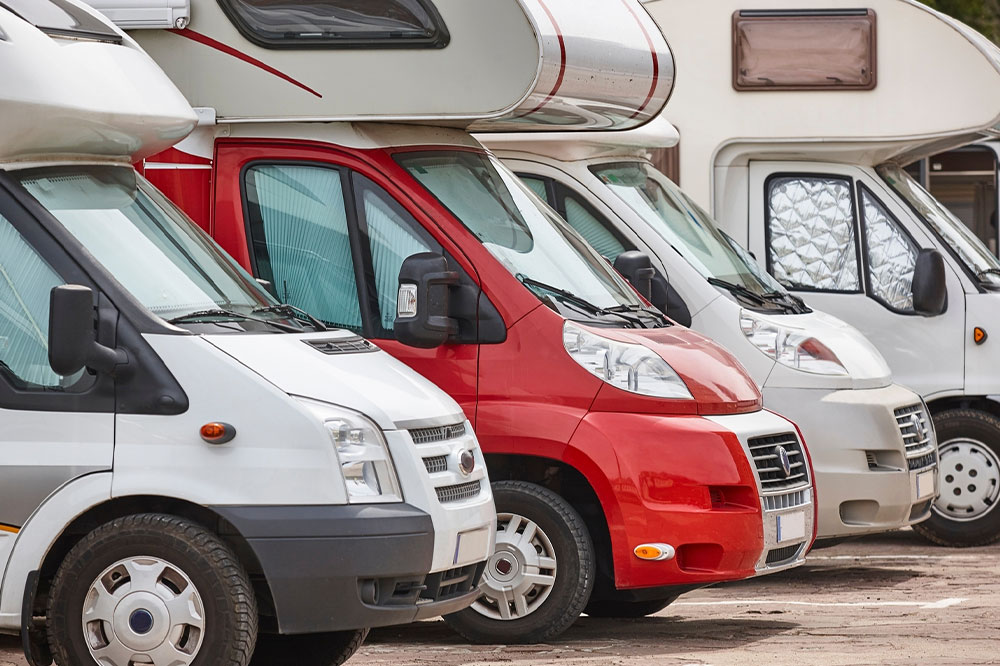Expert Guide to Buying a Used Compact Motorhome: Tips for Smart Travelers
Discover comprehensive tips for purchasing a used compact motorhome. From detailed inspections and history checks to price research and insurance planning, this guide ensures you make a smart, informed investment. Perfect for travelers seeking reliable and affordable RV options, learn how to choose the best vehicle to meet your travel needs while staying within your budget.
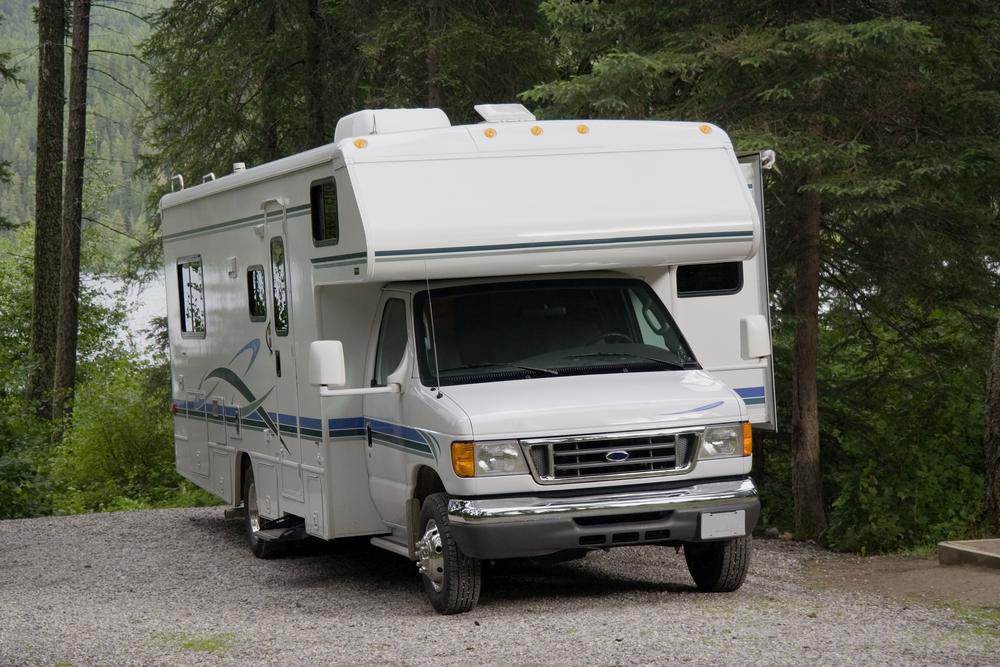
Expert Guide to Buying a Used Compact Motorhome: Tips for Smart Travelers
In recent years, the demand for compact motorhomes has surged among adventurous travelers and outdoor enthusiasts. Thanks to their lightweight structure, cost-effective pricing, and versatile features, these small RVs have become a popular choice for those seeking mobility and convenience. Whether you're planning weekend getaways, extended road trips, or exploring remote destinations, a compact motorhome offers a unique blend of flexibility and comfort. One of the most affordable options is purchasing a used model, often around three years old, which can significantly reduce expenses while still providing modern amenities.
Buying a pre-owned compact motorhome requires careful planning, thorough inspection, and comprehensive research to ensure you make a wise investment. Unlike buying brand-new vehicles, used RVs may have a history of repairs, prior usage, or potential issues that need to be addressed. Therefore, understanding key tips and strategies can help you avoid pitfalls and select a reliable vehicle that meets your travel needs and budget constraints.
Perform an In-Depth Inspection
When evaluating a used compact motorhome, a meticulous inspection is crucial. Inspect every part of the vehicle—from the electrical systems, plumbing, and engine to interior furnishings and exterior bodywork. Check the condition of the tires, brakes, and suspension, as these components impact safety and drivability. Pay attention to signs of water damage, mold, or pests inside the vehicle, which can indicate past leaks or neglect. If repairs or replacements are necessary, confirm with the seller that these issues will be properly addressed before finalizing the purchase. Bringing along a trusted mechanic or RV inspector can provide an expert assessment, uncover hidden problems, and give you peace of mind.
Review the Vehicle’s Maintenance and History Records
Obtaining a detailed history report of the vehicle is an essential step in the pre-purchase process. For approximately $25, you can access comprehensive reports through platforms like RVchecks or CARFAX by submitting the vehicle’s 17-digit VIN. This report reveals critical information such as past accidents, collision repairs, flood or fire damage, theft records, odometer discrepancies, and service history. Knowing the vehicle’s background allows you to assess its reliability, identify potential red flags, and make a well-informed decision. Always ask the seller for maintenance records and verify that routine services like oil changes, tire rotations, and inspections have been kept up to date.
Consider the Age and Technology Features
The age of the motorhome significantly influences its technology, safety features, and overall condition. Older models may require modernization or upgrades, including new appliances, electronics, or safety systems. Conversely, newer models—typically within the last 3-5 years—often come equipped with advanced navigation, backup camera systems, improved insulation, and energy-efficient components. Decide whether you prefer a vehicle with the latest features already integrated or if you're comfortable performing upgrades later. Keep in mind that newer RVs tend to have fewer mechanical issues and may come with warranties, providing extra peace of mind.
Conduct Market Price Research
Understanding the current market value for used compact motorhomes is essential for negotiating a fair price. Explore listings on reputable websites, local dealerships, and online marketplaces to gather pricing data. Take note of models with similar specs, ages, and conditions. This research helps you identify a reasonable price range, prevents overpaying, and provides leverage during negotiations. Remember that factors such as engine mileage, condition, upgrades, and included accessories can influence pricing. Be prepared to negotiate confidently by knowing the typical costs and ensuring you get good value for your investment.
Plan Insurance Costs in Advance
Insurance is a vital aspect of RV ownership, impacting your overall expenses. Instead of waiting until after the purchase, contact insurance providers early to obtain quotes based on the specific model you're considering. Insurance costs depend on factors like the vehicle’s age, value, safety features, your driving history, and coverage options. Knowing the estimated insurance premiums allows you to plan your budget accurately and avoid surprises after purchasing. Additionally, understanding coverage options helps you select plans that protect your investment and provide roadside assistance, theft protection, and liability coverage.
Taking ample time to thoroughly investigate potential models, review history reports, and compare prices will empower you to make a confident decision. Selecting the right used compact motorhome ensures your travel adventures are safe, enjoyable, and within your financial limits. Remember, patience and diligent research are your best tools for securing a reliable vehicle that will serve you well on countless journeys.
